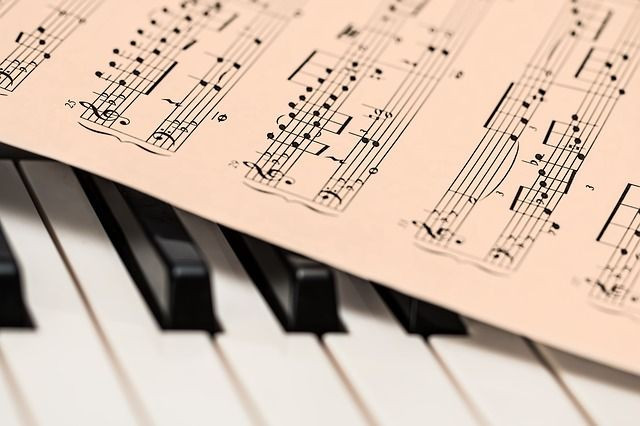What Is Musical Anhedonia? The Brains Of People Who Can’t Enjoy Music May Provide Clues About Evolution

Music brings pleasure, comfort, and enjoyment to those who listen, but about 3 to 5 percent of the world’s population simply don’t “get” this. Known as musical anhedonia, these individuals do not get enjoyment from listening to any type of music, and never have. A team of researchers analyzed the brains of this fascinating group to better understand what causes their lack of sensitivity to music, and their findings may shed some light on music’s evolutionary significance.
The study revealed that when musical anhedonics listen to music, there is a reduction in the activity of the nucleus accumbens, a key structure in the reward system. However, for some reason, this structure still works well in the case of other rewards, such as money.
“It is interesting to consider the evolutionary importance of the connection between the auditory areas, cortical, and the more primitive system of emotional evaluation, subcortical," said lead researcher Noelia Martínez-Molina in a recent statement, explaining how this connection is clear in most of the population but vanishes in musical anhedonics.
For the study, 45 anhedonic individuals were given functional magnetic resonance imaging (fMRI) while they listened to classical music. The volunteers were also asked to provide values on a scale from one to four of how much pleasure they gained from the experience.
Anhedonia is the inability to experience pleasure, and musical anhedonia specifically refers to the inability to enjoy music. According to NPR, it's different from amusia, a condition where individuals cannot hear musical tunes. Rather, these individuals can completely comprehend what they hear, they are just not moved by it.
"Anhedonic people do not have problems correctly perceiving and processing the information contained in a melody (such as intervals or rhythms) and present a normal pleasure response to other pleasant stimuli (such as money), but do not enjoy musical stimuli," Martinez-Molina explained in the statement.
According to Martínez-Molina, understanding the brains of those with musical anhedonia may even help us to one day better understand the evolutionary advantage that developing an emotional relationship with music gave humans.
Source: Martinez-Molina N, Mas-Herrero E, Rodriguez-Fornells A, Zatorre RJ, Marco-Pallares J. Neural correlates of specific musical anhedonia. PNAS .2016
Read More:
Listening To Classical Music Enhances Gene Activity: An Update On The Mozart Effect: Read Here
This Is Your Brain On Music: How Our Brains Process Melodies That Pull On Our Heartstrings: Read Here
Published by Medicaldaily.com



























